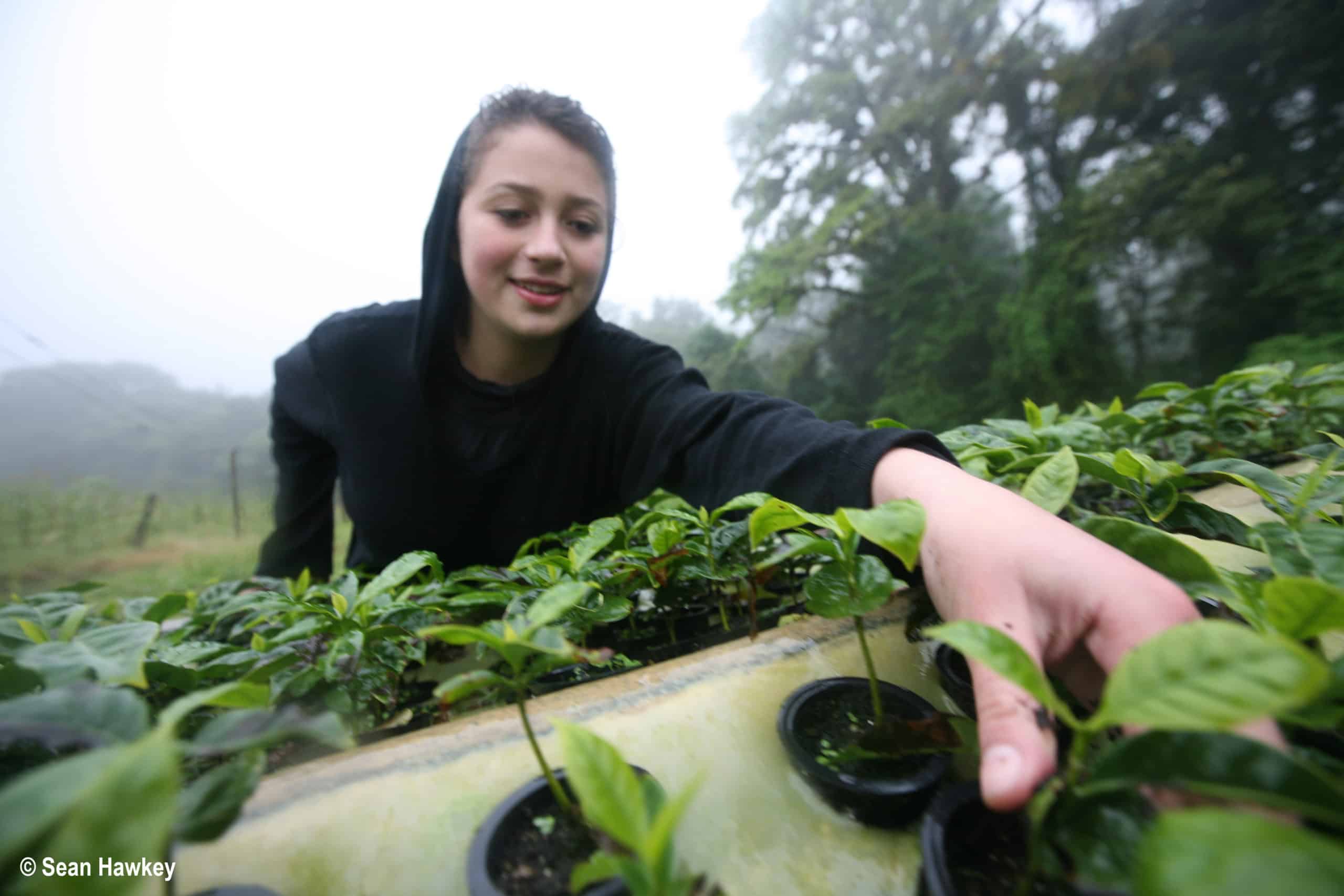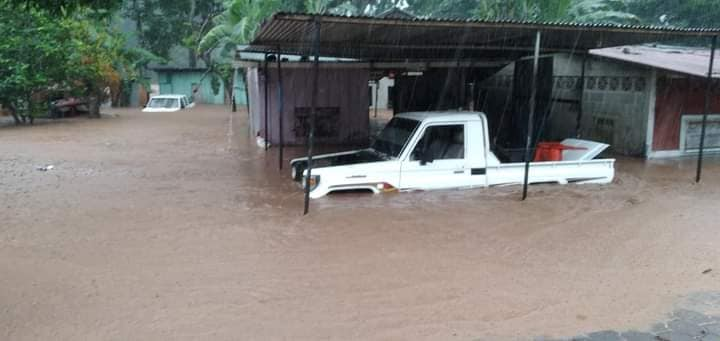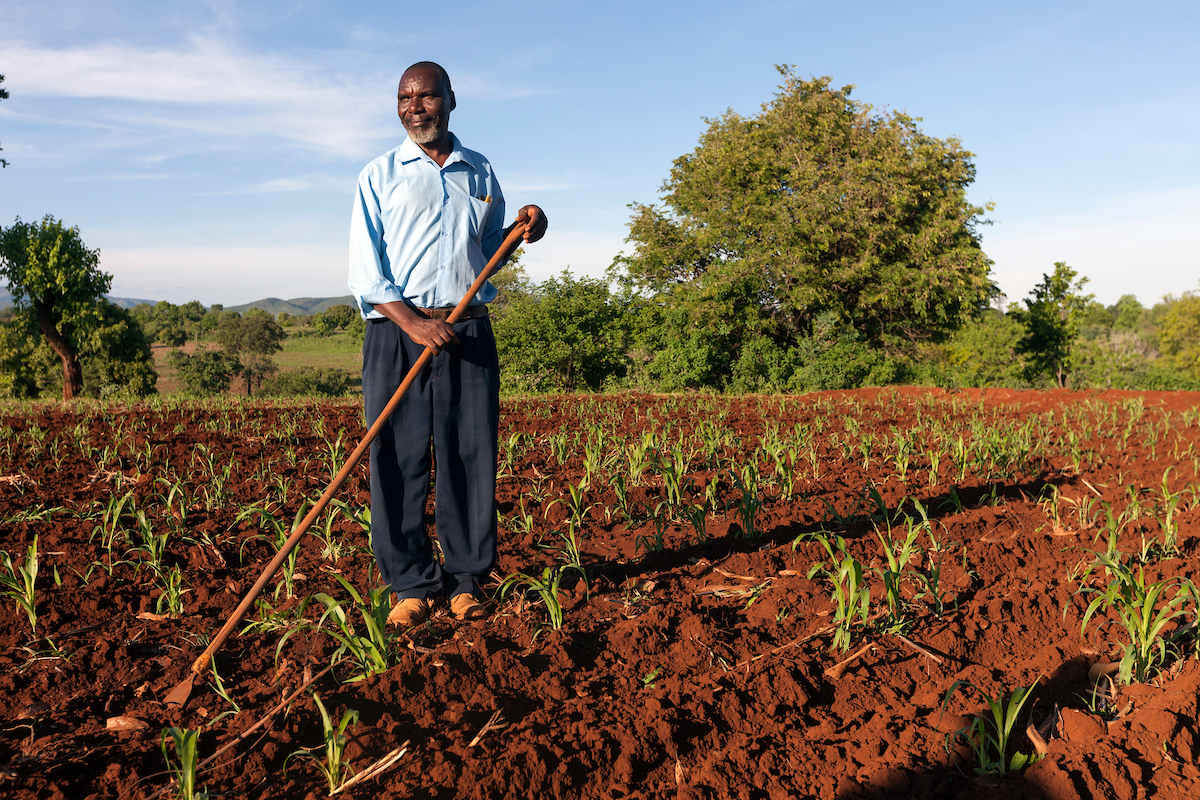
This week, Hurricane Iota became the strongest storm ever to hit Nicaragua. The category four storm ripped across the country with torrential rains and winds topping 155mph, mere weeks after the same communities were devastated by Hurricane Eta.
In Nueva Segovia, Nicaragua, the 550 members of the Flor de Cafe coffee cooperative sheltered in place as the storms ravaged their farms. Weeks away from the start of their annual harvest, farmers watched as high winds and flooding ripped ripe coffee cherries from their trees. After the first storm, the cooperative’s agronomists estimated as much as 30% of the farmers’ crops had been wiped out.
These superstorms aren’t isolated events. 2020 is the most active hurricane season on record, and these storms are set to worsen as the pace of climate change quickens. Across the world, the impacts of climate change take many different forms, but all are devastating. Locust swarms in East Africa, droughts in South America. For farmers, climate change is not some far-off threat—it’s a daily reality. And the consequences can often be deadly.
 Flooding due to recent hurricanes covers houses and vehicles in Jinotega, Nicaragua, home of the SOPPEXCCA coffee cooperative.
Flooding due to recent hurricanes covers houses and vehicles in Jinotega, Nicaragua, home of the SOPPEXCCA coffee cooperative.
At the same time, smallholder farmers are some of the most valuable allies we have in the fight against climate change. Many small farmers practice responsible, often organic agriculture, helping to steward vulnerable ecosystems and protect them from encroachment by illegal mining and logging interests.
Without urgent support to both mitigate and adapt to the impacts of climate change, 500 million farmers around the world will be pushed to desperation. Their choices will be between seeing their crops fail, resorting to environmentally harmful practices to make ends meet, or migrating to cities in search of economic opportunity. The World Bank predicts that these and other effects of climate change could push an additional 100 million people into poverty in the next 10 years, reversing progress toward the UN Sustainable Development Goals.
Despite the existential threat of climate change for rural families, the global community has been slow to take action. Only 1.7% of climate finance goes toward smallholder agriculture, leaving farmers to fend for themselves. Additionally, the UN estimates that the world only has 10 years left to rein in global carbon emissions and avoid a climate catastrophe. Waiting is no longer an option.

In response to this urgent need, Root Capital launched a comprehensive Climate Resilience Roadmap for the next five years. In order for farmers to not only survive climate change but create a more sustainable, greener future, they will need more resources, more training, and—crucially—more capital.
We define resilience as the ability to manage disruption, adapt, and thrive in the face of shifting circumstances. Resilience is not a state of being, but a set of capacities that enable farmers, businesses, and entire communities to not simply bounce back from hardship, but bounce forward into a more sustainable, inclusive, and prosperous future.
To build this future, Root Capital invests in small and growing agricultural businesses, which are uniquely suited to address the concerns of smallholder farmers, including the climate crisis. These businesses are often anchors in vulnerable places where government and civil society institutions are weak or nonexistent. Their proximity to smallholder farmers allows them to understand their specific needs and provide tailored support—like agronomic training and microcredit—that enable farmers to decrease their environmental footprint, adapt to the already-present challenges of climate change, and build resilience for the threats of the future.
Individually, each farmer-allied business impacts the lives of hundreds, thousands, or even tens of thousands of farmers. Collectively, they serve as a distributed platform for grassroots, locally-determined, and timely climate action at scale.
Our Climate Resilience Roadmap focuses on four pillars:
![]()
![]()
![]()
![]()
Grow our lending to businesses committed to climate action in rural communities. Beyond a “do no harm” approach, Root Capital seeks out businesses generating positive climate impact in their communities.
Cultivate enterprise and farmer capacity to mitigate and adapt to climate change. Our climate advisory team combines a businesses’ own data with industry-leading climate analytics to develop tailored solutions for our clients to help their business and their farmers adapt.
Innovate financial products to unlock enterprise investments in climate action. Piloting products across the blended capital spectrum—from investment to small grants—to maximize climate action.
Amplify successful approaches to encourage adaptation and replication by others. Cooling our planet and feeding the world are monumental challenges, and we can’t accomplish them alone. We’ll share our learnings with partners and competitors so that our global community can win this climate fight.
To accomplish our goals—and we can’t afford to fail—we need fellow travelers as we go down this long road with us. You can be part of the solution and help farmers around the world as they combat climate change and build resilience for themselves, their families and the generations to come.
To read a summary of Root Capital’s Climate Resilience Roadmap, click here. To access the full plan or join our efforts, please contact giving@rootcapital.org.
You can also learn more by watching our webinar on the Climate Resilience Roadmap:

